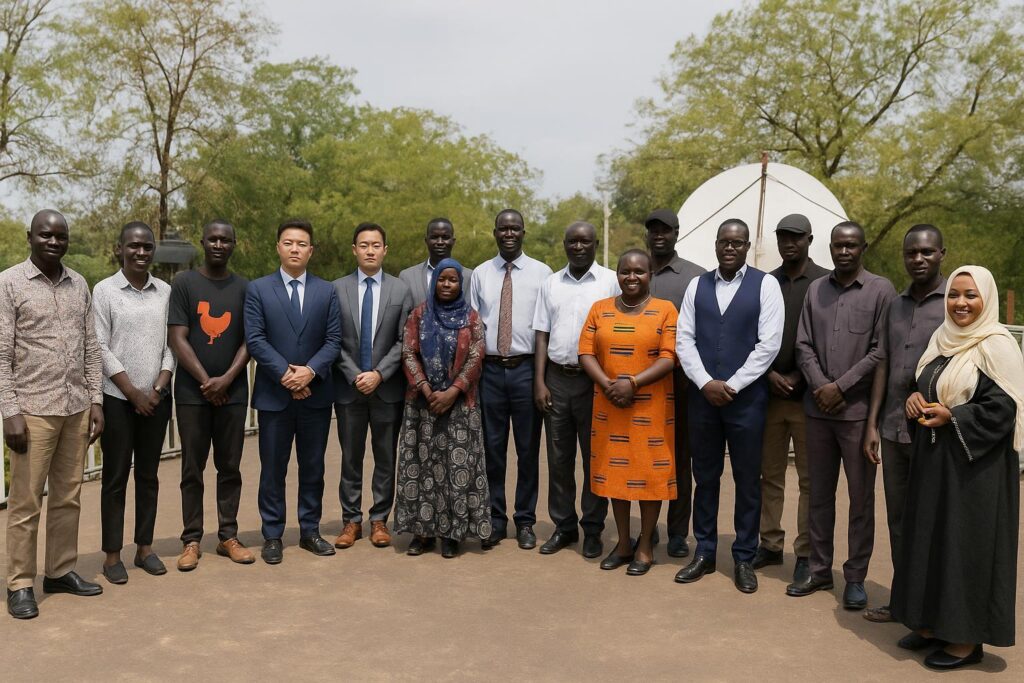Shrinking News Desks Under Pressure
In Juba, editors gathered over breakfast framed an urgent dilemma: South Sudan’s deepening economic crisis is hollowing out its newsrooms. Veteran reporters, once pillars of investigative coverage, are accepting better-paid posts in aid agencies and foreign outlets.
Former No. 1 Citizen editor Doga Morris warned that the talent drain has created a leadership vacuum, leaving inexperienced recruits to steer editorial decisions. He traces the tipping point to the expiry of USAID grants that had long shielded local media from market shocks.
Training Gap Widens
Rural stations feel the pinch first. Salam Radio’s Pout Tot says many outlets survive on volunteer labour, making structured training a luxury. Young reporters are eager, yet without mentoring their work risks errors that can inflame fragile communities.
Tot appealed to the National Editors’ Forum to extend workshops beyond the capital, arguing that distance should not dictate editorial standards. Forum officials acknowledged the request but cited limited funds.
Equipment Shortages Hamper Radio
Kondial FM manager Chandok Stephen described newsrooms operating with a single laptop and shared recorders. Such scarcity delays broadcasts and discourages field reporting, particularly in flood-prone Unity State where travel already poses logistical hazards.
Calls for Strategic Support
Irene Ayaa of the Association for Media Development in South Sudan believes the solution lies in targeted upskilling. “Editors are gatekeepers; quality dies with them,” she told the forum. She urged donors to fund mid-career courses that blend newsroom management, ethics, and digital security.
Forum chairpersons noted that a revived advertising market could complement donor packages. They pointed to upcoming oil revenue debates as a chance for policymakers to include media resilience in national recovery plans.
Gender Equality Gains Momentum
The Editors’ Forum and the Female Journalists Network have begun mentorship schemes aimed at elevating women to decision-making desks. Advocates argue that diverse leadership not only widens story selection but also attracts fresh audiences vital for commercial survival.
AMDISS data show women currently hold fewer than fifteen percent of editorial posts nationwide. Organisers hope new programmes can double that share within three years, assuming continued institutional backing.
Charting a Sustainable Path Forward
For now, South Sudan’s media community balances optimism with caution. Editors agree that economic relief, skills transfer, and basic equipment must advance together. Without that trinity, the country risks losing eyewitness voices at a time regional security conversations demand credible local reporting.


